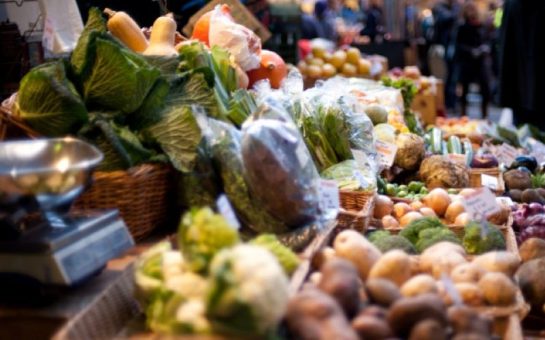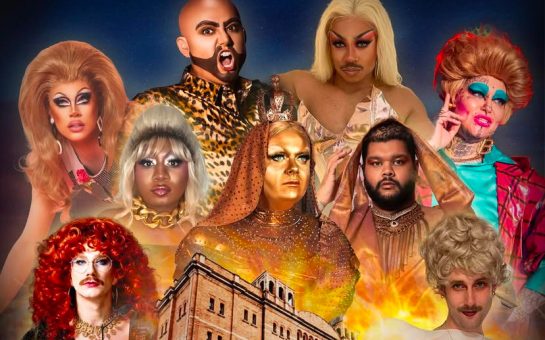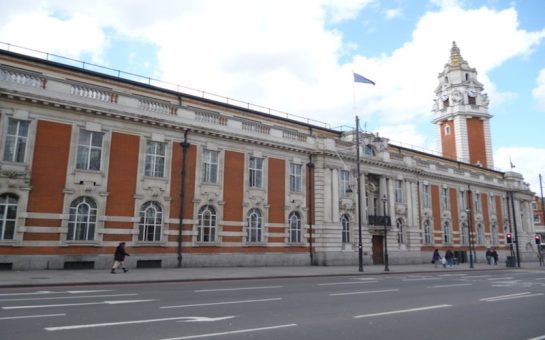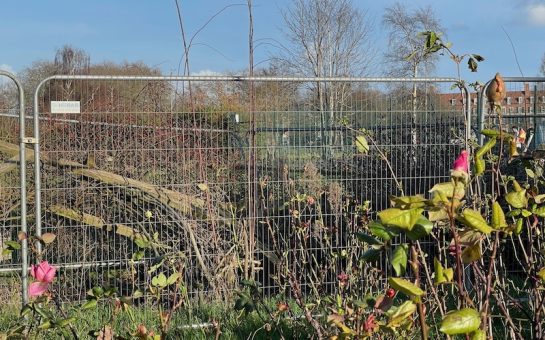“Give me five minutes and I’ll ask someone what they know about autism,” said a mum on a mission.
Mariama Kandeh set up Autism Voice – the UK’s first organisation explicitly for BAME autistic people with operations here, Sierra Leone and Ghana.
“I call autistic people my people these days. The beauty of them is learning not to judge people”, said the Lambeth resident.
Autistic people are said to live in their own world. And autism itself can take on its own world – or feel like a secret language that changes everything else around it.
Mariama’s nine-year-old son Jimmi is autistic and, like most people involved with autism, she has learned to be fluent in both worlds.
Operating out of a temporary office given by the West Indian Ex Servicemen Association, Mariama runs a social group for black autistic children and counselling for parents.
A 2013 National Autistic Society report found the jargon of autism can be impenetrable for BAME people – especially those with cultural and language barriers.
Mariama said: “I just want to talk to the people – that’s what I’m good at. That’s what will make the difference.
“Educating people is educating a nation. Autism will become diabetes or cancer, which was once taboo but is now mainstream.”
Mariama previously worked as a Red Cross aid worker with Liberian refugees and in Sierra Leone’s care homes which gave her a foothold in both grassroots work and lobbying.
She has met not just parents and professionals, but with Sierra Leone’s Minister of Health.
In a country still bruised by the aftermath of civil war and Ebola, she is certain services can be built for autistic people.
But she says this will only happen if she can get a seat at the top table.
“Society makes you think to be disabled is degrading. I know it’s not going to come from the bottom to change African society,” the 45-year-old said.
“I have learned in England the government can change a lot in a society.
“You just need to bang on about it and it will change people’s mindset.”
She admits that such work is slow – having to wade through the litany of statistics about autistic children.
Mariama is frustrated not by her son, but a world around him which often appears unresponsive.
She has noticed that many single parents of autistic children are susceptible to depression and anxiety.
Raising Jimmi with her sister, Mariama believes communal approaches can break down stigma around autism in African communities.
She said: “Maybe I come from a different culture where we believe in talk, where I say ‘It’s going to be okay’.”
Stigma in African communities is hard to break down as autism is often regarded as a sign of spiritual failure.
Mariama explained: “A pastor lady told me ‘Don’t ever say that Jimmi is autistic’.
“I understand it, but autism isn’t black or white. Autism is autism. But it is cultural and new to all of us.”
When Jimmi was diagnosed at the age of two, Mariama had to use Google to find out what autism was.
“I was worried he’d never call me mummy. The last time I checked, he said ‘mummy’ 34 times in eight minutes”, she said.
But Mariama still has concerns about Jimmi’s future.
She explained: “I worry about bullying, and I’m scared. I want him to be in a situation where he can walk away if provoked.”
Much of Mariama’s work is about ensuring children like Jimmi have a strong African identity.
“It’s about making sure they know they’re not weird, they’re just African children,” she said.
Mariama is on a mission to overhaul society in UK and Sierra Leone.
She knows this will be difficult, but she is fighting hard.
“I am an optimist and I hate to think of barriers, but me and my sister, our minds are made up – we’re not looking for walls,” she said
“I am hopeful that things will change by the time I am old and grey, that my son will be in a society which accepts him.
“It is a matter of time, because you’ve got some hardcore people fighting like hell.”




